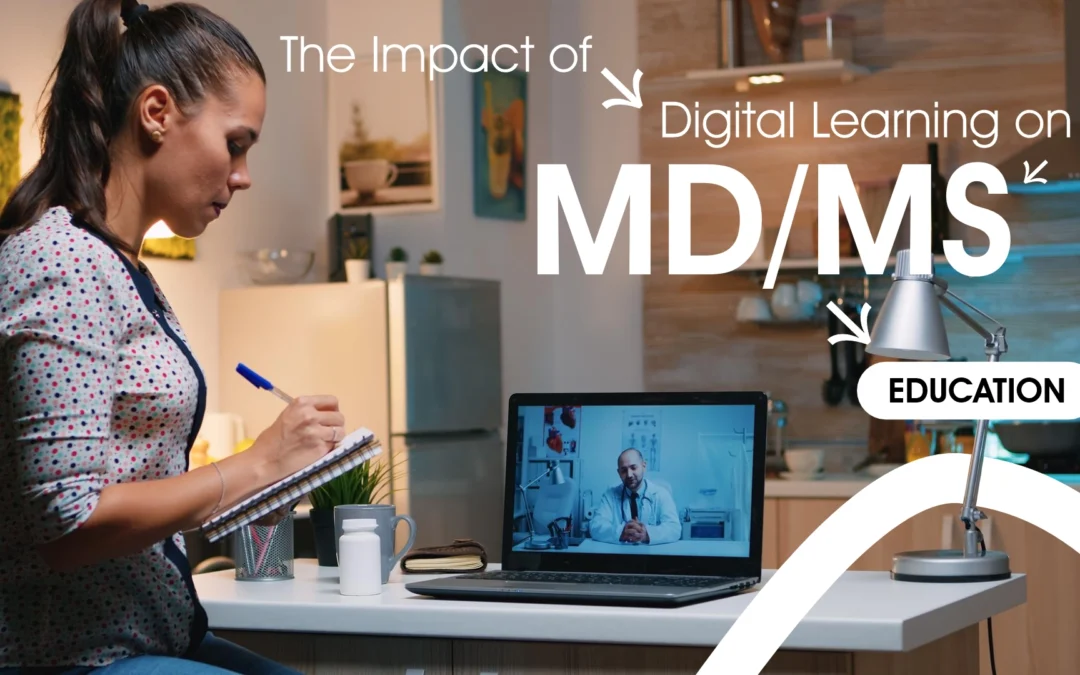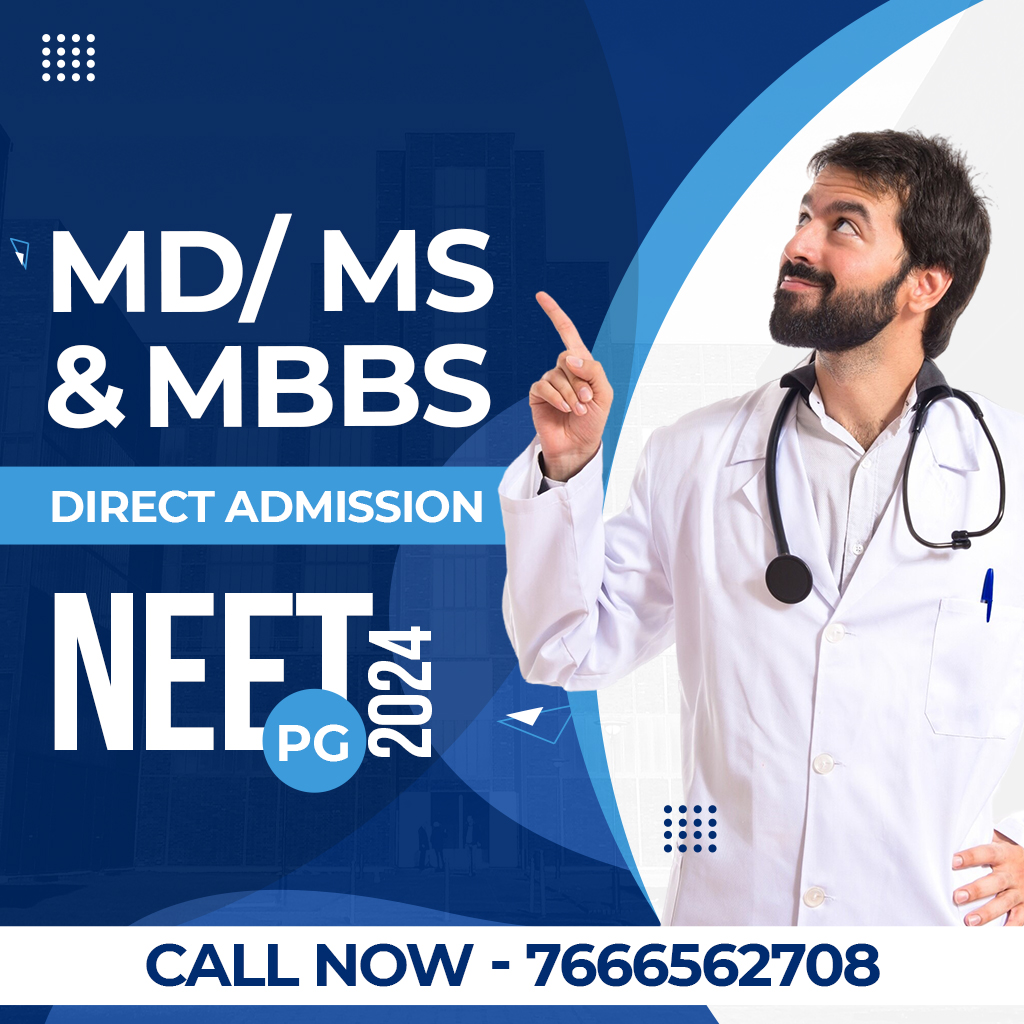The landscape of medical education is undergoing a profound transformation, shifting from traditional methods heavily reliant on textbooks and in-person lectures towards a more dynamic and technology-driven approach.
Digital learning has emerged as a powerful catalyst, offering a wealth of opportunities to enhance knowledge acquisition, refine clinical skills, and foster collaborative learning among medical doctors (MDs) and medical scientists (MSs). By providing access to vast online resources, interactive learning platforms, and virtual simulation environments, digital learning has the potential to revolutionize the way medical professionals are trained and equipped to deliver high-quality patient care.
This article delves into the multifaceted impact of digital learning on MD/MS education, exploring its benefits, challenges, and potential for revolutionizing the healthcare landscape.
The Benefits of Digital Learning in MD/MS Education
The integration of digital learning into MD/MS education is transforming the way future doctors and medical scientists acquire knowledge and develop clinical skills.
Enhanced Knowledge Acquisition
Digital learning platforms offer unparalleled access to a vast repository of medical knowledge. Online libraries, databases, and educational resources provide students with a wealth of information at their fingertips. This facilitates in-depth research, exploration of diverse perspectives, and a comprehensive understanding of complex medical concepts.
Personalized learning is another cornerstone of digital education. Adaptive platforms can tailor content and pace to individual student needs, optimizing learning outcomes. Interactive elements such as simulations, quizzes, and virtual reality experiences create engaging and immersive learning environments, fostering deeper knowledge retention.
Improved Clinical Skills
Digital learning plays a pivotal role in honing clinical skills. Virtual patient simulators recreate real-world medical scenarios, allowing students to practice diagnosis, treatment planning, and patient interaction in a safe and controlled environment. These simulations enhance decision-making abilities, critical thinking, and problem-solving skills.
Moreover, digital platforms provide access to patient data and medical records, enabling students to analyze real-world cases and understand the clinical implications of diseases. Telemedicine and remote consultations offer valuable opportunities for students to observe patient interactions and learn from experienced clinicians.
Fostering Collaborative Learning
Digital technologies have revolutionized collaboration among medical students. Online forums, discussion boards, and social learning platforms facilitate knowledge sharing, peer-to-peer learning, and the development of strong professional networks. Virtual group projects and collaborative problem-solving exercises enhance teamwork and communication skills, essential attributes for successful medical careers.
Challenges and Considerations of Digital Learning
While the potential benefits of digital learning are immense, several challenges must be addressed. Ensuring equitable access to technology and high-speed internet is crucial to bridging the digital divide and preventing disparities in educational opportunities. Maintaining the quality and accuracy of online educational content is paramount to upholding academic standards.
Integrating digital learning seamlessly with traditional teaching methods is essential to create a holistic and effective learning experience. Striking the right balance between online and in-person instruction is crucial to optimize student engagement and outcomes.
Privacy and security concerns related to the handling of sensitive patient data must be prioritized. Robust cybersecurity measures and data protection protocols are essential to safeguard patient information and maintain trust.
Case Studies and Best Practices of Digital Learning
Numerous medical schools have successfully implemented digital learning initiatives, demonstrating the transformative potential of technology. These case studies offer valuable insights into effective strategies and best practices. For instance, some institutions have developed innovative online curricula, while others have leveraged gamification to enhance student engagement.
Sharing successful experiences and lessons learned is crucial for the wider adoption of digital learning in medical education. By collaborating and exchanging knowledge, institutions can collectively address challenges and drive continuous improvement.
Digital Learning
Digital learning is poised to revolutionize MD/MS education by enhancing knowledge acquisition, improving clinical skills, and fostering collaborative learning. While challenges such as digital divide, quality assurance, and privacy concerns need to be addressed, the overall impact of digital learning on medical education is undeniably positive.
As technology continues to advance, it is imperative for medical schools to embrace digital innovation and explore new opportunities for leveraging technology to improve student outcomes and prepare future healthcare professionals for the complexities of the 21st century.
By investing in robust digital infrastructure, developing high-quality online resources, and fostering a culture of digital literacy, medical education can be transformed into a more accessible, effective, and engaging experience for students.



